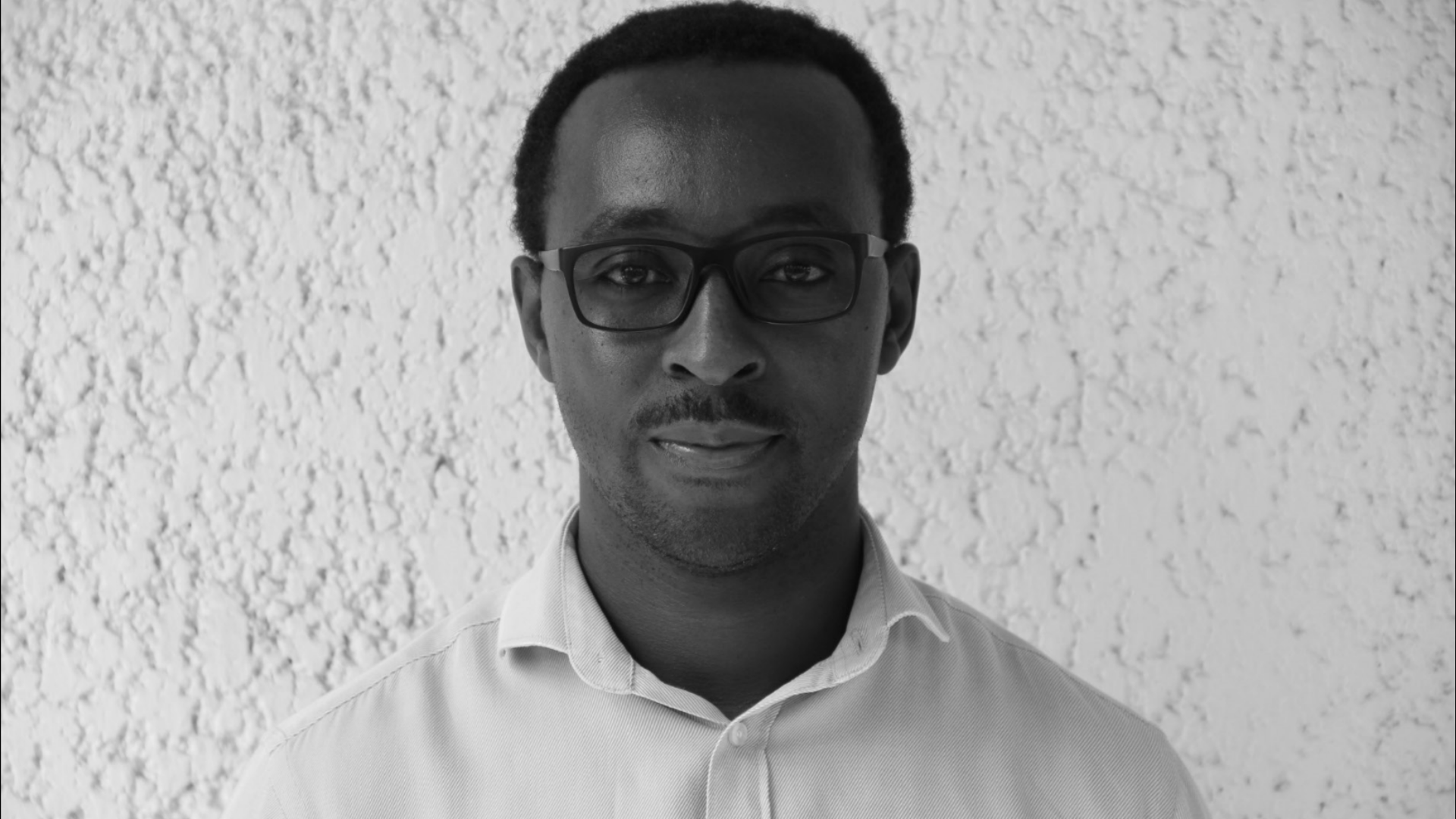Consistent with its strategic plan for the period 2017-2021, and in particular its strategic 2nd and 3rd pillars which include ‘Governance and Rights’ and ‘Research and Advocacy’ respectively, Never Again Rwanda (NAR) strives to establish itself as a respected and influential non-government think-tank in Rwanda and beyond.
To achieve this, the institution has institutionalized regular social research on a range of cross-cutting topics in the field of governance. This is done as a means to generate useful advocacy evidence to inform citizen-centered governance practice and also support policy processes as backbones of a lasting peace.
Since May 2017, NAR has embarked on a purely qualitative study titled “Citizen Participation in Local Imihigo Process”. This study aims at critically identifying the root causes of persisting low citizen participation in local Imihigo and recommending alternative policy solutions. This will involve assessing direct and indirect participation of citizens, investigation of key success factors and challenges to citizen participation.
With originally limited funding from ‘Ikiraro cy’Iterambere Programme’ which is supported by DFID and managed by Palladium Group, the study was initially supposed to cover five districts of Rwanda that include Huye, Kayonza, Musanze, Karongi and Gasabo.
Upon recommendation of the Rwanda Governance Board (RGB) and mainly for purposes of ensuring a countrywide generalizability of prospective findings, NAR opted to expand the study to 10 more districts adding Nyaruguru, Nyagatare, Rutsiro, Nyabihu, Burera, Gakenke, Rulindo, Nyamagabe, Nyaruguru and Gatsibo. The expansion of the geographical coverage of this study was made possible through additional funding which was availed by the Norwegian People’s Aid (NPA) through PPIMA (Public Policy Information, Monitoring and Advocacy) and Ikiraro cy’Iterambere in late September 2017 respectively. With the advent of PPIMA as a funding partner, the responsibility for study implementation was expanded to also include AJPRODHO-JIJUKIRWA, a PPIMA coalition member which has, in the past, conducted research on governance related topics.
Following the expansion of the geographical coverage of the study, the original research design was accordingly revisited to best reflect various stakeholders’ interests and it was subsequently approved by the Rwanda Governance Board (RGB), a government body mandated to scrutinize research in the governance sector. A research clearance was thereafter sought and obtained from the Institute of National Statistics of Rwanda (NSIR), hence laying fertile grounds for real research execution to commence. It is in this regard that, on 22nd September, 2017, a multi-stakeholder validation workshop of the research inception report with a focus on research design, methodology and data collection instruments was conducted at Highland Hotel in Kigali. The workshop which brought together governance practitioners from government and non-government spheres as well as governance scholars, served as an invaluable quality assurance framework in the sense it helped NAR and AJPRODHO to meaningfully improve on the quality of the inception report and to validate it.
Inputs received from stakeholders during the inception report validation workshop paved a way to field piloting of data collection instruments in Gikomero Sector of Gasabo District on 13th October, 2017.
Feedback from the pilot phase enabled NAR and AJPRODHO to accordingly revise the validated data collection instruments, hence maximizing on the clarity, precision and relevance of questions to be put onto research participants. Fieldwork consisting in running targeted focus group discussions and key informant interviews started from 20th October and went on until the second week of December 2017.
In accordance with the research execution roadmap agreed upon with the research funders, plans for in-depth data analysis and findings reporting covered the third week of December 2017 and will go on through February 2018. The final findings report could be expected by March 2018, time to allow for strategic engagement of various stakeholders on preliminary findings. An extended validation workshop of the findings report will also run during this period and will serve as an opportunity to seek stakeholders’ feedback on the extent to which their expectations from the research at hand were met. It is anticipated that the findings will serve as evidence to constructively engage public policy makers on desired improvements in the current practices of citizen participation in local decision-making processes particularly in Imihigo.
The writer is a Research Consultant with Never Again Rwanda.


